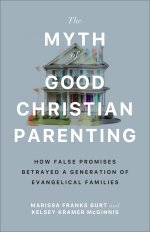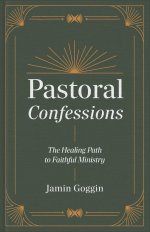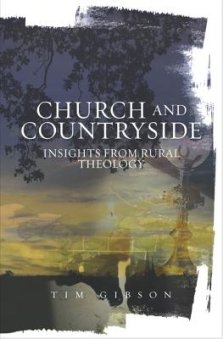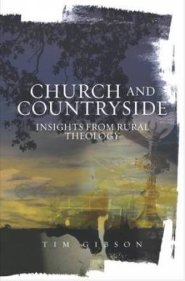Gibson's exploration of a rural theology begins from two bases. Firstly, the human is a fundamentally relational being and Gibson speaks of the 'other-facing character of human existence in the new creation' (p28). This 'other-facing' extends not only to other humans but also to the rest of creation of which we form part. Secondly, as a consequence, the formation of a community is at the heart of any Christian existence. In the church this community formation, Gibson argues, takes place around the Eucharistic celebration where the community gather to hear the word read and preached, to confess, to receive God and to be sent back out into the wider community. This community formation is an echo of the triune nature of God.
Following this, he then urges the church to recognise that the contribution the Christian makes to his or her community is a result of this communal formation and sending out which is the recurrent act of the Eucharist. It is not simply an act which should be explained away as contributing to social capital or in making the village a more pleasant place in which to live. It is an outworking of Christian theology.
Those are the first three chapters. The remainder of the book applies this model into four different areas: farming, schools and rural services (shops, post offices etc.) and the use of the countryside for leisure. In all these areas, the Church and the Christian can work for the communal good as a consequence of following the God who lives in community and who creates in order to save.
The book closes with a concluding chapter which argues for the centrality of the Eucharist and, as a consequence, a relaxation of the restrictions as to who may receive. If the Eucharist is a communal event, then all the baptised and not only the confirmed should be able to participate. Moreover, the opportunity for extended communion to be shared with those who cannot attend the services should be explored.
Clearly the book contains far more than this brief survey suggests, and it is a good read. One might find points with which to disagree, but surely the aim of any good theology is to provoke thought?!
Trustpilot












